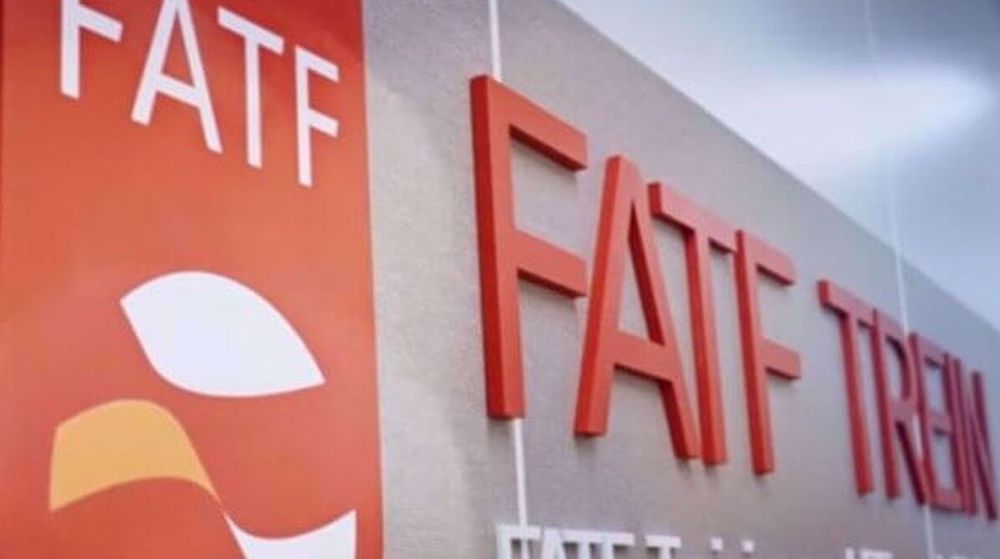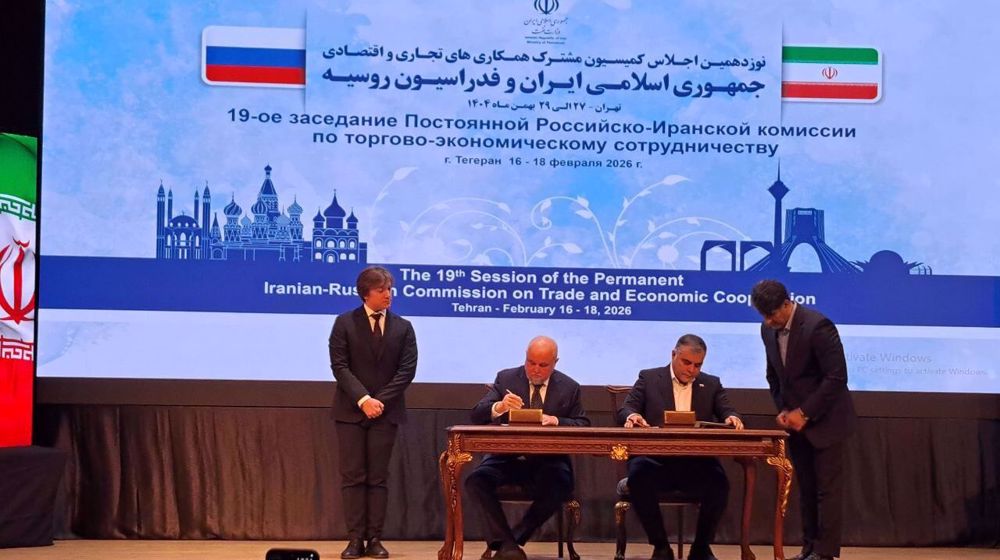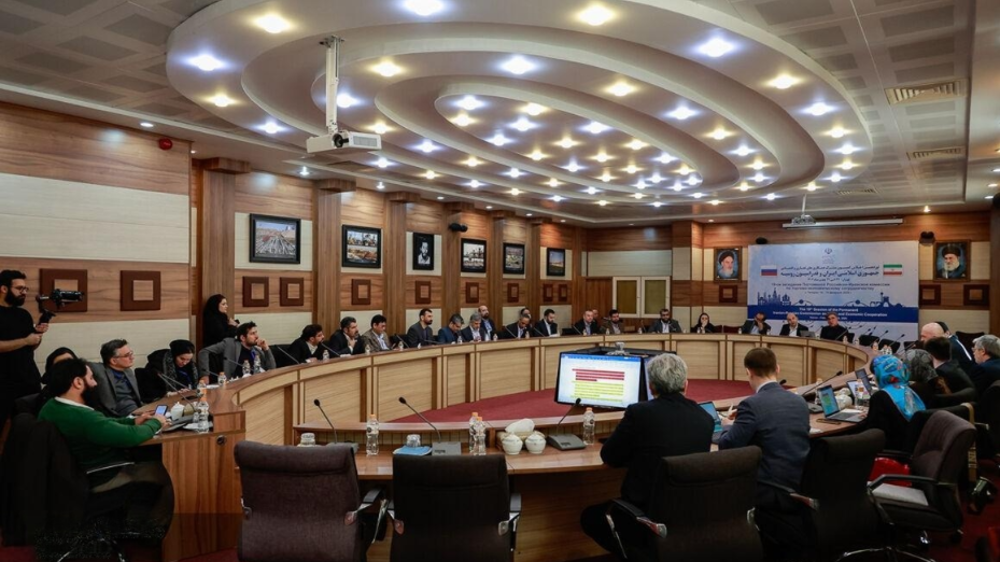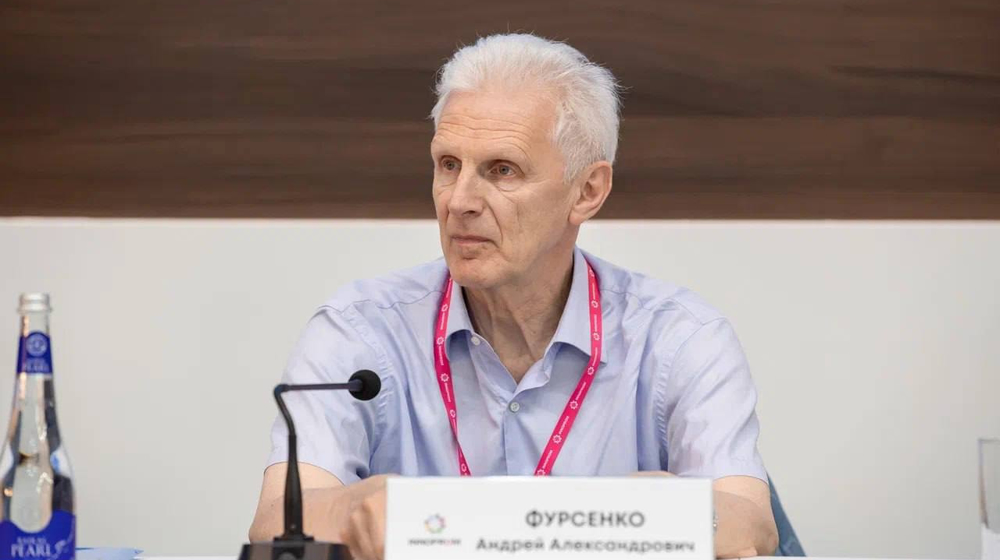Iran finally approves controversial convention needed to join FATF
Iran has finally endorsed a controversial UN convention that is required for a country to be removed from a blacklist issued by the global financial crime watchdog FATF.
Iran’s Expediency Council approved the United Nations Convention Against Transnational Organized Crime, UNTOC, also called the Palermo Convention, in a meeting late on Wednesday.
Head of the Iranian finance ministry’s financial intelligence department Hadi Khani first broke the news as part of a statement released to the local media.
Khani said the Expediency Council will discuss the Combating Financing of Terrorism (CFT) convention, another requirement needed to get off FATF’s blacklist, in its future sessions.
The Financial Action Task Force, an international coalition for combating money laundering and terrorist financing which is headquartered in Paris, has blacklisted Iran since 2020 mainly because it has failed to adopt the Palermo and CFT conventions.
The Expediency Council, whose full name is the Expediency Discernment Council of the System, is comprised of more than 40 politicians, former officials, and senior clerics. It is responsible for settling disputes between the Iranian parliament, which has endorsed the two conventions, and the Guardian Council, which has rejected them.
The Council stopped debates on the two conventions several years ago, fearing that accepting them may undermine Iran’s financial independence.
However, Leader of the Islamic Revolution Ayatollah Seyyed Ali Khamanei allowed a renewed discussion of the conventions in December upon a request from Iranian President Masoud Pezeshkian, who had taken office in August promising to fix Iran’s economic problems by engaging more with the international community.
Spokesman of the Council Mohsen Dehnavi said later in a post on his X account that the body had accepted the Palermo Convention on the condition that it is implemented in the framework of Iran’s constitution and internal laws.
Iran’s renewed push to get off FATF’s blacklist comes amid indirect talks between the country and the United States to sort out disputes about Tehran’s nuclear program.
The two countries have held four rounds of negotiations since early April, with officials from both sides calling the process positive.
The Story of ancient Persia’s chromium steel
Iranian Navy chief calls for broader naval collaboration at MILAN 2026 naval exercise
VIDEO | Mini Iraq; A city in India that connects faith across borders
Pope skips America’s 250th anniversary despite Vance’s ‘in-person’ invitation
Iran condemns Israeli atrocities, ceasefire violations in southern Lebanon
US military buildup near Iran proves defeat in previous regional wars: Ansarullah
VIDEO | Declared dead, found breathing: The miraculous survival of Najwa after Israeli bombing of Gaza
Israeli solar projects in West Bank expand illegal settlements: Report










 This makes it easy to access the Press TV website
This makes it easy to access the Press TV website